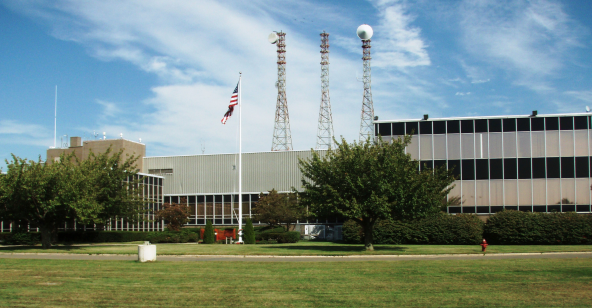
A sudden surge in absences among air traffic controllers has left 80 percent of the controllers in the New York City area off duty, and ripple effects spread through the nation’s busiest airports. The Federal Aviation Administration said half of the “Core 30” facilities-the top 30 busiest hubs in America-were experiencing staffing shortages, putting added stress on an aviation system already in its 31st day of a prolonged government shutdown.
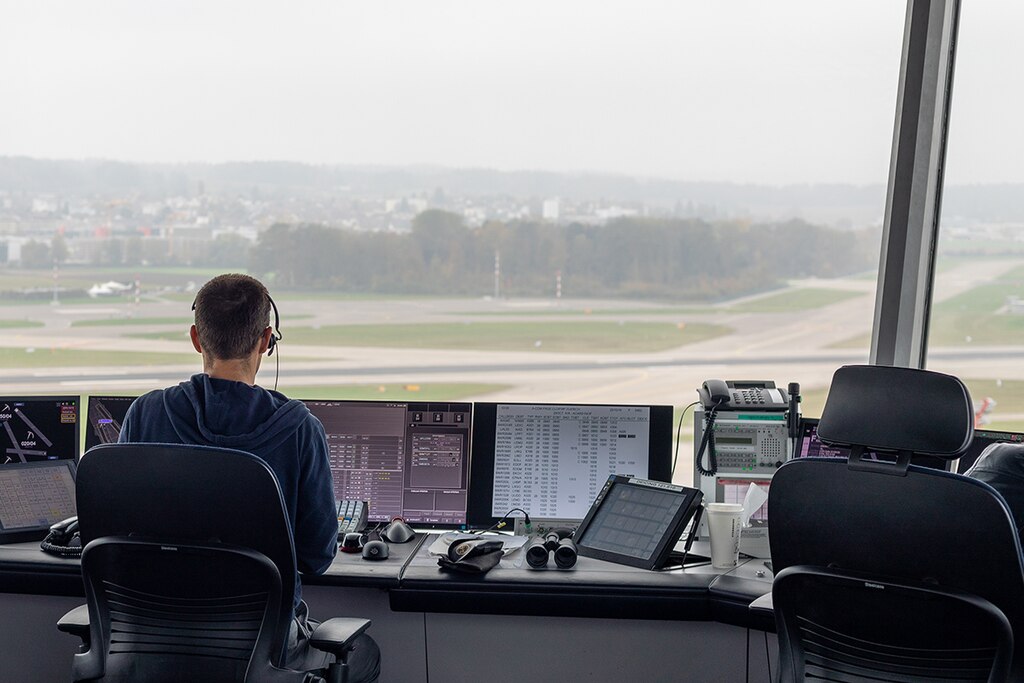
1. Why Controllers Are Working Without Pay
Air traffic controllers are essential workers, meaning they have to stay on the job when federal paychecks stop during a shutdown. Though the median annual salary of controllers is around $150,000, starting pay can range as low as $50,000, leaving those who are newer hires particularly vulnerable. As Jake Rosenfeld, a labor expert at Washington University in St. Louis, explained, “For those who just started out on the job, the pressure is really acute.” Controllers missed their first paycheck last Tuesday, forcing many to draw from savings or seek temporary work to cover basic expenses.
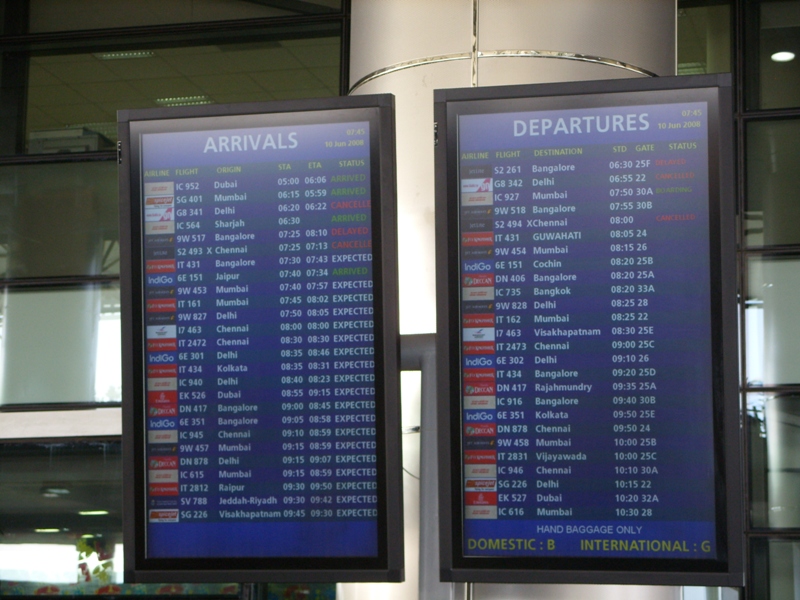
2. The Scale of Disruption
Though shortages affect only a fraction of the hundreds of facilities nationwide, absences at key hubs have outsized consequences. Boston Logan, a JetBlue hub, and Dallas Fort Worth, a major American Airlines base, were among those reporting delays related to staffing. “When you have delays at airline hubs, it disrupts the schedule and that means passengers can’t make connections, baggage can’t make connections and crews and aircraft aren’t where they need to be,” said Michael McCormick, a former controller and aviation professor.
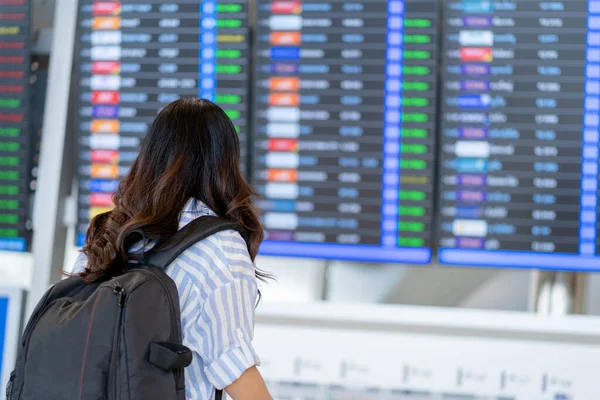
In all, more than 5,000 flights were delayed and over 400 canceled across the nation on Friday alone. Hundreds of flights were delayed at New York’s airports at JFK, Newark, and LaGuardia as strong winds up to 50 mph compounded the delays.
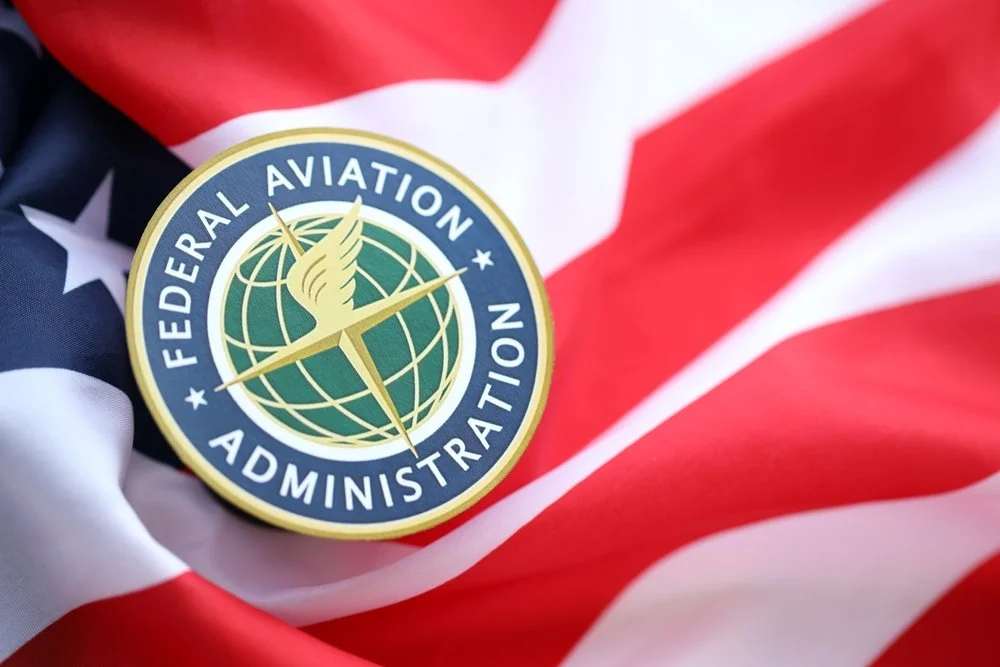
3. Safety Above All
FAA officials say that despite the disruption, safety is not compromised. They deliberately reduce traffic flow to match staffing levels, causing delays while maintaining operational integrity. “I firmly believe it’s safe to fly,” said McCormick. “The whole reason there are delays is because they’re throttling down the demand in the system to match the staffing levels.” Similarly reassuring words came from Vice President J.D. Vance: “Travelers shouldn’t be afraid to fly during the shutdown.”

4. Psychological Impact upon Workers
Controllers are working long hours under extreme stress; many have second jobs just to make ends meet. The National Air Traffic Controllers Association is warning that such fatigue and pressure on family finances is eroding morale and retention. “They have to make a decision, do I go to work and not get a paycheck and not put food on the table? Or do I drive for Uber or DoorDash or wait tables?” said Transportation Secretary Sean Duffy, underlining the human cost.
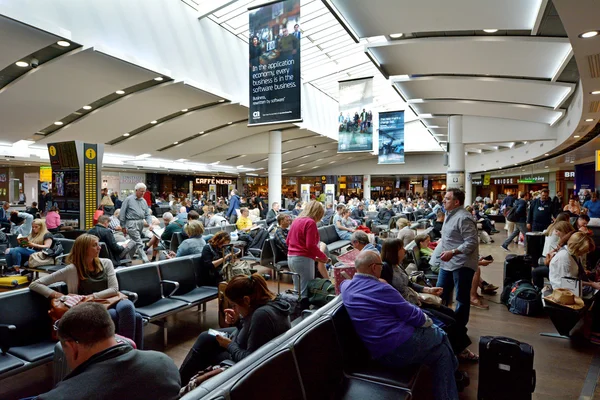
5. Preparation for Unexpected Delays
The point is, unlike weather delays that airlines can forecast, disruptions because of staffing often don’t give notice. Travel experts do recommend some proactive moves: rebooking flights on airline apps while standing in line; calling customer hotlines in less busy languages; and seeking the help of lounge agents who are less overwhelmed. Opting for early-morning departures reduces risk too, since those flights are less dependent on incoming aircraft.
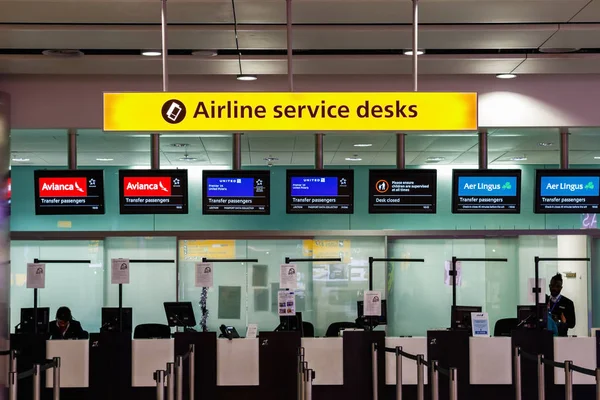
6. Know your rights and resources
First, consumers should check the Department of Transportation’s Airline Cancellation and Delay Dashboard to see what their airline is offering. Many airlines offer free rebooking, food coupons, or hotel accommodations for staffing-related delays. Travel insurance, especially when bought through third-party providers, can offer additional protection against trip cancellations, lost luggage, or medical needs along the way.
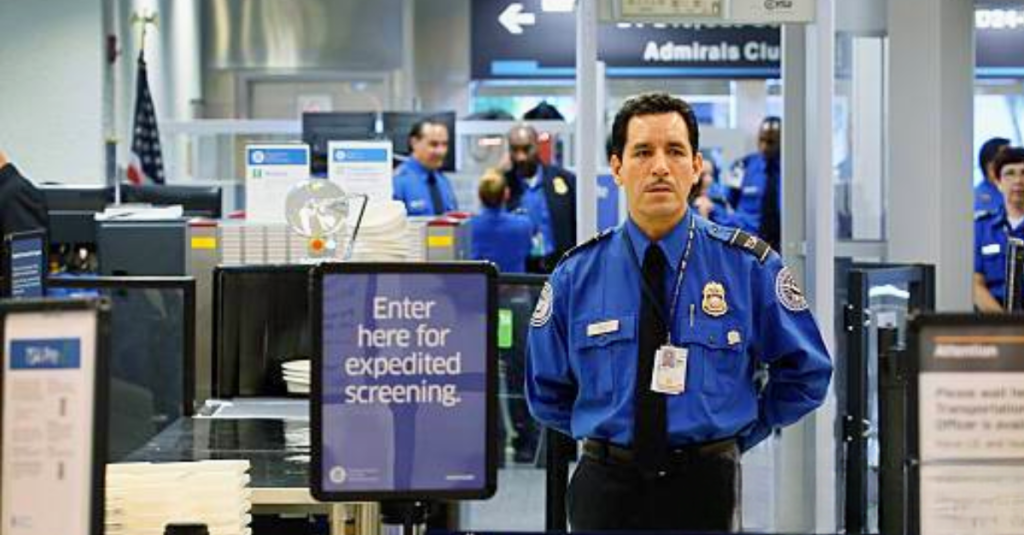
7. Wider Implications of Shutdown
The impact of the shutdown goes way beyond flying. Essential Air Service subsidies will run out for rural communities-cutting service to 177 towns. TSA agents who also aren’t getting paid may make security lines longer. Customs inspectors are still on the job, but there will probably be delays at ports of entry and border crossings. The operational strains underscore an increasingly interconnected nature of federal services that keep travel running.
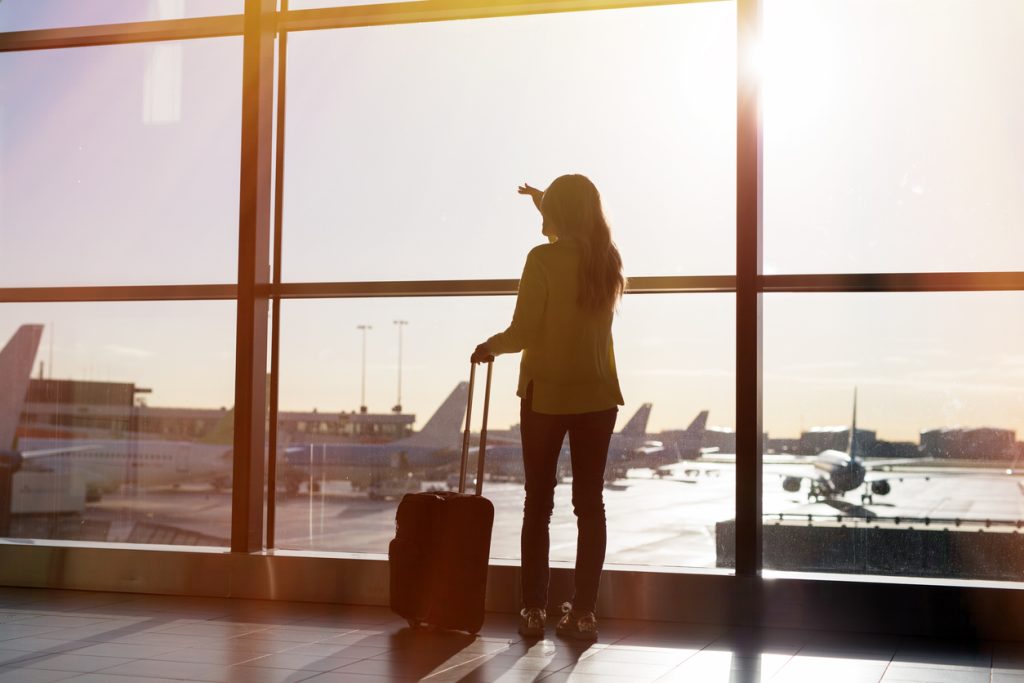
8. Holiday Travel Concerns
Officials warn that if the shutdown extends into this month’s holiday rush, the accumulation of missed paychecks and accrued fatigue could worsen the crisis. “It really could be a disaster,” Vance said, noting that by then some controllers will have gone without income for as many as four pay periods. Though resolution of the shutdown remains uncertain, keeping travelers aware, flexible, and prepared for quick plan changes can minimize associated stress. For aviation workers themselves, there is the expectation that relief from the lawmakers’ standoff will come, restoring pay and stability to a system that millions of people rely on daily.


